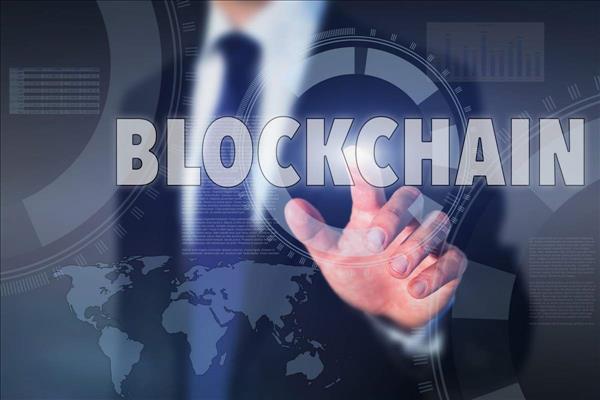
How governments can unlock blockchain's potential
Fear of missing out on blockchain's potential, at least in the very near term, is overblown. In fact, Gartner predicts that, through 2022, only 10 per cent of organisations will achieve any radical transformation with the use of blockchain technologies. Much of the unfocused enthusiasm surrounding blockchain is symptomatic of a technology in search of a problem.
Government CIOs transitioning to digital government and considering use of blockchain should look beyond the hype to the incentives for participation,". Without a clear view of the motivation for blockchain adoption, a promising technical solution may well end up failing due to a lack of users.There are several promising and practical blockchain use cases that show evidence of broad government interest. They include:
VotingUsing blockchain for voting capabilities is of interest to many governments. Although few governments have used the technology for elections at a national level, Sierra Leone was the first, and Ukraine conducted a few blockchain pilots for regional elections. And Brazil intends to conduct national referenda using blockchain-enabled voting.
Complex data (records)
Many governments have announced an intent to store and manage government records on blockchain. The U.S. states of Vermont and Delaware, as well as the city of Dubai, have shown some of the most visible and ambitious efforts on the use of blockchain for government records - primarily property ownership records but also utility bills and permits. The Republic of Georgia's initiative with Bitfury is just one of several efforts aimed at creating blockchain-based land-registry services.
Blockchain-enabled identity and access management (IAM) applications introduce alternative methods to establish trust and resiliency with little reliance on centralized infrastructure. The US Department of Homeland Security (DHS) has experimented with a digital identity network, effectively delivering a "single sign-on" experience.
Social/humanitarian assistance
Delivering services more effectively to poorly documented populations in need has been a global motivator for many governments. Projects include: the U.N. World Food Programme; the UN Development Program; the U.K. Department for Work and Pensions; and New York City's Department of Homeless Services.
Asset markets
Governments have shown interest in facilitating and encouraging exchange of non-monetary assets - including carbon credits and energy consumption or production - as a way of achieving societal benefits, enabling and inspiring desired behaviors, or reducing friction.
The ability to derive process efficiency from automated acquisition involves the creative application of smart contracts in government. The U.S. General Services Administration (GSA) has announced acquisition proofs of concept using smart contracts to streamline simplified contracting activities.
Self-sovereign "wallets"
Software-based wallets allow users to create, store, exchange or manage transactions or data held in blockchain-based platforms. Early offerings seek to give individuals greater control over their data by removing or reducing the ability of authorities to limit or impede users' access.
Decentralised applications, or Dapps, are software applications that enable members of a peer-to-peer network to collaborate and transact. The US Food and Drug Administration has conducted pilots that allow clinical trial medical records to be securely and efficiently exchanged with hospitals.
Cross-entity reconciliation
In large, federated government enterprises, consolidating and reconciling a single version of truth around finances, human resources or supplies can be daunting. Blockchain could be a more cost-effective alternative to more disruptive and intrusive technologies. Instead of getting caught up in the hype, take time to explore blockchain in a structured and objective way, seeking out the use cases that are most relevant to you. While many of the use cases are still nascent, these are the closest to demonstrating some level of maturity and offer government CIOs a tangible opportunity to start small and scale up.

Legal Disclaimer:
MENAFN provides the
information “as is” without warranty of any kind. We do not accept
any responsibility or liability for the accuracy, content, images,
videos, licenses, completeness, legality, or reliability of the information
contained in this article. If you have any complaints or copyright
issues related to this article, kindly contact the provider above.


















Comments
No comment